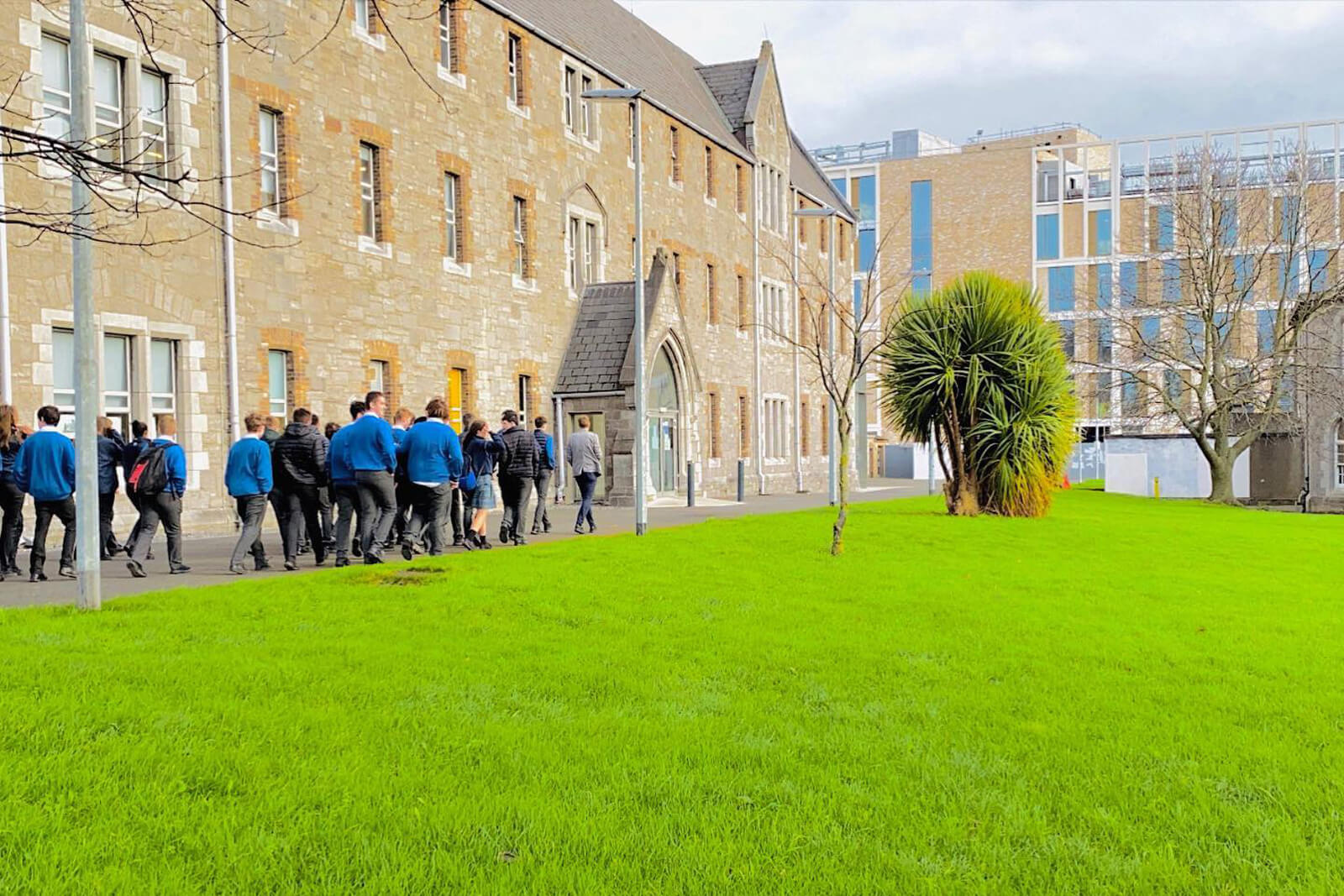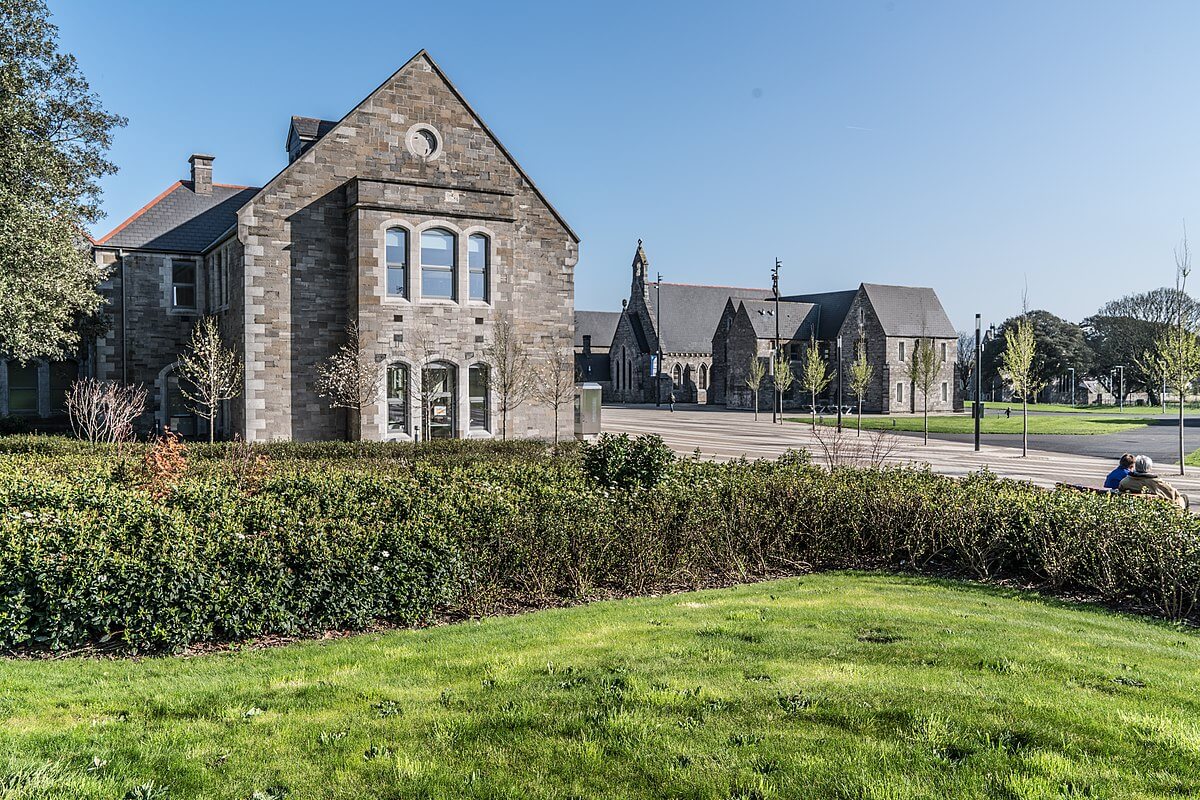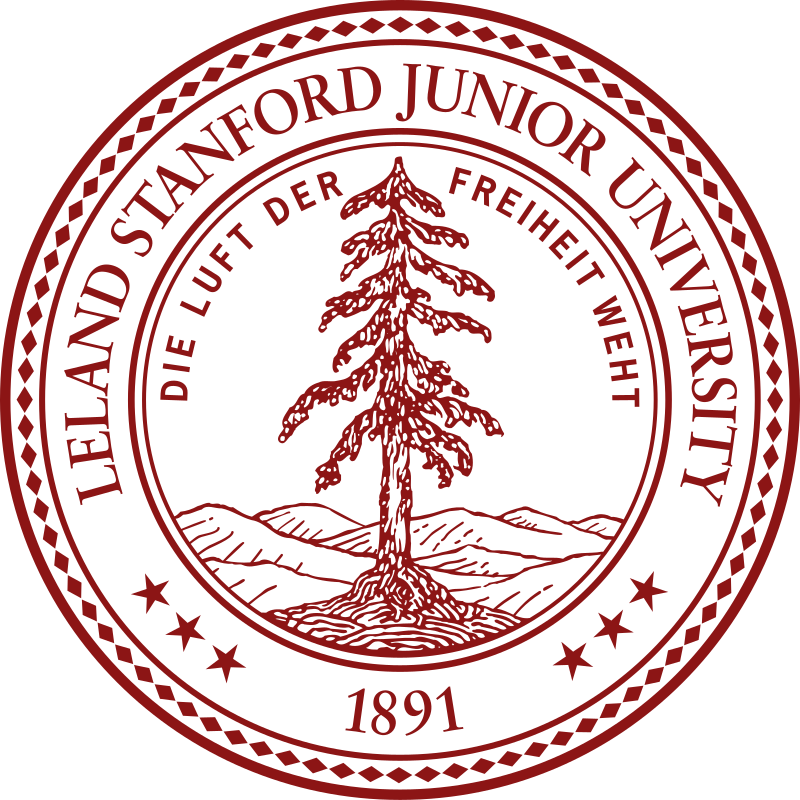📚About the Program
Physics underpins many important aspects of medical diagnostics, technology and treatment. Think of x-rays, ultrasound, magnetic resonance imaging, CT scans and treatment of tumours with radiation. Physics is crucial to all of these.
Medical physicists and bioengineers play a vital, often leading role in medical research teams in developing or applying new medical technology in a hospital or industry environment.
Experts deliver a range of specialist modules in the areas of Medical Devices, Bioengineering and Rehabilitation Engineering, Medical Imaging and Radiotherapy.
In the Physics of Medical Devices module, you’ll gain insights into the medical device industry, from the initial concept of a medical device to its manufacture. In the Diagnostic Imaging module, you’ll gain an understanding of the principles of how an image is formed using x-rays or sound waves, and be able to critically assess the important design features in such imaging devices for optimum image quality.
In the Bioengineering module, you’ll learn about the design and engineering of artificial limbs and implants, as well as advanced biocompatible materials.
A wide range of careers are open to physics graduates, many of them using the methodology of physics: technical know-how, the logical approach, problem-solving skills. Graduates work in well-paid physics-based industries such as the critical and growing areas of medical physics, bioengineering and medical devices, and also the electronics industry, alternative energy development and telecommunications.
Their analytical skills also place physicists in demand in a range of financial, fund management and research roles, in law, in management consultancy, as weather forecasters, computer programmers and as physics and science teachers.
Show less













